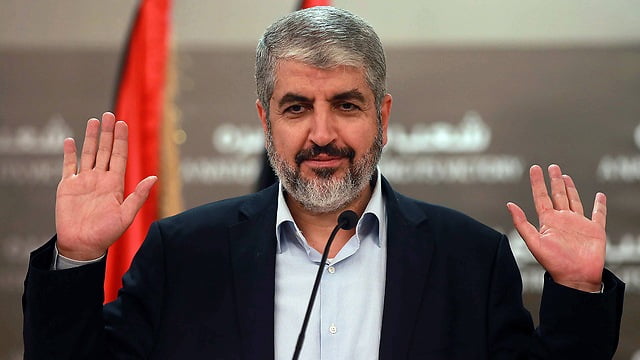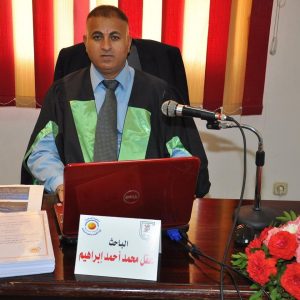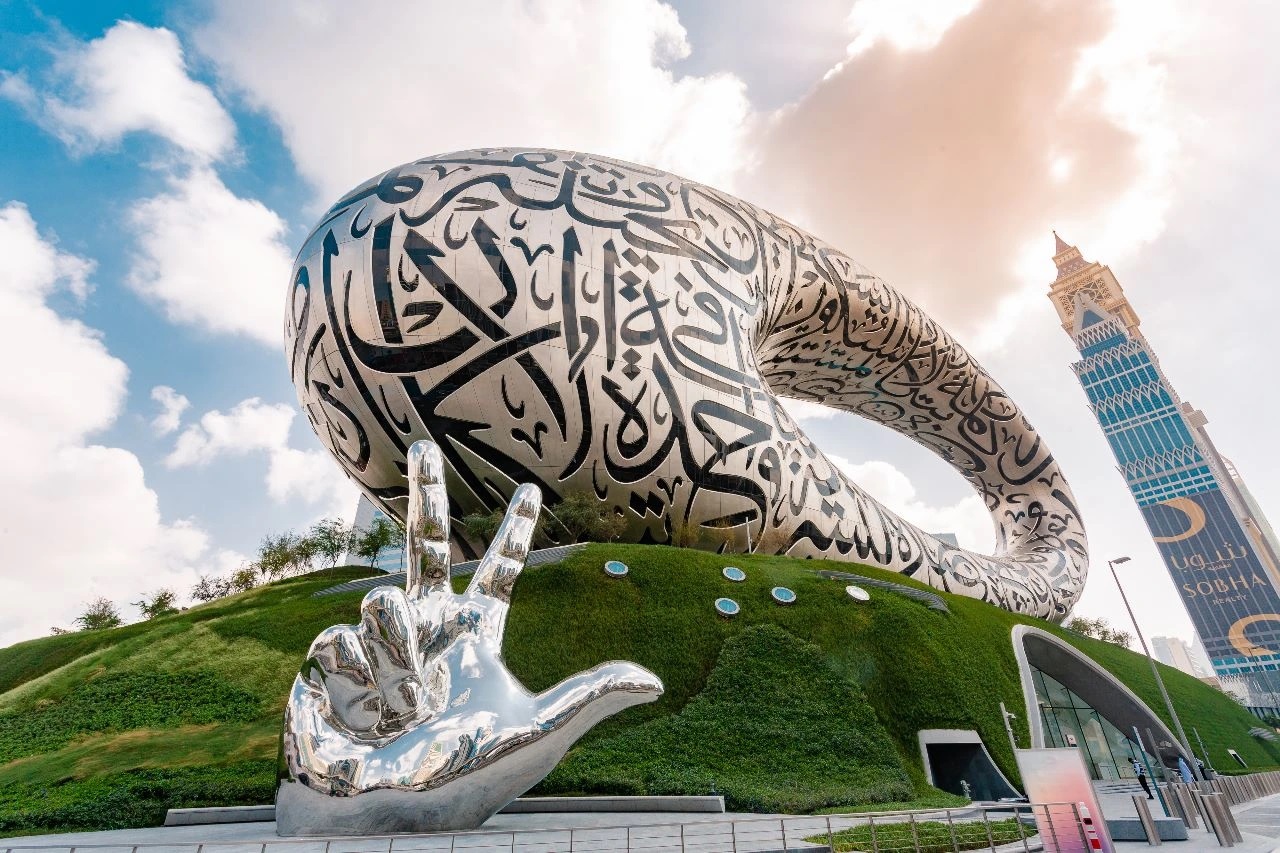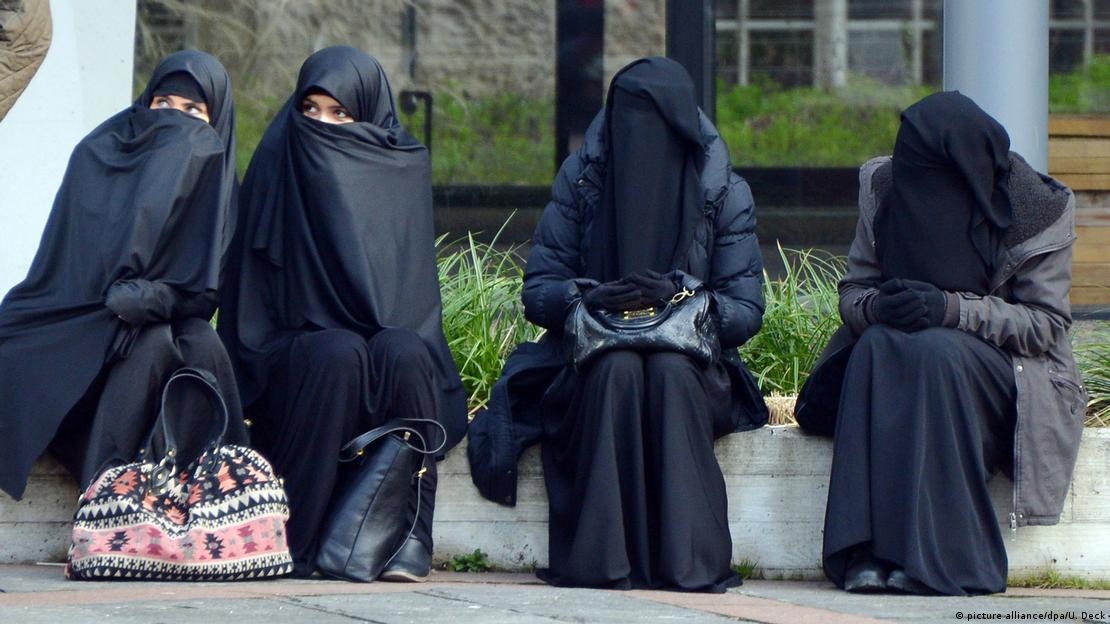
When it comes to Hamas, the issue revolves around its historical roots and its past and present affiliation with the Muslim Brotherhood worldwide. Its recent stance on the Turkish invasion of parts of Syria reopens for researchers and writers the doors to study the Hamas affiliation with the Muslim Brotherhood. The Levant News has this following interview with Dr. Aqel Salah, the Palestinian professor of political science and economics.
What is your comment on Hamas' official position towards the Turkish invasion of parts of northern Syria?
Salah: Following the Turkish aggression against Syria, Hamas issued an official statement saying that it understands the operation under the pretext of Turkey's right to defend itself and secure its borders, and in this statement Hamas has eliminated the active role of both Iran and Hezbollah in order to restore Hamas's relations with Syria. This situation was not surprising to me, Hamas finds the Turkish state as alternative sponsor after losing their patron in Egypt. This support closes the door for the return of Hamas to Syria, Hamas supported eight years ago the so-called Syrian revolution and today supports Turkish aggression against Syria; All of this confirms that the leadership of Hamas is predominantly Brotherhood affiliation, it is still hostage to the international Brotherhood decision and not the Palestinian national decision, so how Hamas supports the Turkish aggression against the people of Syria, which is under Israeli aggression, bombing and siege.
The statement and position of Hamas may also affect its relations with Iran and Hezbollah. They are making an effort to return Hamas to the axis of resistance to surprise them with a very negative attitude. Hamas should have remained neutral, as it did when former Egyptian President Mohamed Morsi died in Egyptian prisons. It did not condemn and denounce.
What is your comment on the changes that took place in Hamas general principles and policies document in 2017, and on the movement's basic document in 1988 regarding the separation from the Muslim Brotherhood?
Salah: Hamas has defined itself in the new political document issued in May 2017 in the definitions section of Chapter I and the first item, as a movement to liberate and resist, whose goal is to liberate Palestine and confront the Zionist project, and its reference is to Islam in its principles and lofty goals, nullifying in this definition any association to the organizational movement of the Muslim Brotherhood. Hamas followed the example of the Tunisian Ennahda Party and the new ideology of Sheikh Rashid Ghannouchi, who disengaged from the Egyptian Muslim Brotherhood, which failed miserably in ruling. The disengagement from the Muslim Brotherhood was the result of many subjective and objective pressures, the most important of which were the closure of the Gaza Strip and the policy of Egyptian President Abdel Fattah towards Gaza. It is possible that Hamas canceled its association with the Muslim Brotherhood until a strategic change in the regional reality, then Hamas would announce once again itself a branch of the Brotherhood. The Charter, in most of its articles, affirmed that Hamas is a branch of the Muslim Brotherhood.
Why does Hamas declare separation from the Muslim Brotherhood at this particular time?
Salah: The attempt of Hamas leaders to evade the organizational affiliation of the Muslim Brotherhood Movement is behind a number of reasons, including that under the circumstances that the Brotherhood is suffering in Egypt. Hamas has renounced its association with the mother movement at this particular time. The ban on the Brotherhood in Egypt in the wake of the June 2013 revolution reflected negatively on Hamas's relationship with the Egyptian regime. It cannot recognize that it is organizationally linked to it in light of the political events on the Egyptian scene for fear that history will repeat the situation during President Jamal Abdel Nasser.

Is Hamas still in contact with the international organization of the Muslim Brotherhood?/strong>
Salah: It can be said that the relationship still exists and the relationship has not been severed but it has shifted from one form to another. Organizational separation does not mean severing relations with the parent organization, and I believe that the task of contacting the parent organization may be assigned to the movement's leaders abroad and specifically to those in Qatar and Turkey. Tthis relationship remains secret.
How did the Muslim Brotherhood react after Hamas announced its secession?
Salah: I think that the situation of the Muslim Brotherhood in the world after the heavy loss to them in Egypt and the rest of the countries under the so-called “The Arab Spring” and the transformations in Tunisia is difficult and unenviable, and each side blames the other. But they work under the rule that says “necessity permits prohibitions” and according to this rule they excuse their brothers in Hamas for their difficult circumstances and their relations with Egypt, where is their only access to abroad while they are under the siege imposed on them by the Egyptian regime and Israel, in addition to the sanctions imposed on them by the Palestinian Authority
Khaled Meshaal, the former Hamas political leader, said once that they follow the Brotherhood only intellectually and not organizationally.
Salah: As for the fact that Hamas is a branch of the Muslim Brotherhood, according to the previous charter, Khaled Meshaal, then head of the Hamas political bureau, denies any organizational relationship with the Muslim Brotherhood. However, it should be noted that Hamas participated in the Muslim Brotherhood meeting in Qatar in late 2016, which was called by Sheikh Yusuf al-Qaradawi and attended by Rashid Ghannouchi, leaders of the group in Egypt, and from other countries. The meeting discussed the possibility of activating a special political council of the group, represented by a person from each country to coordinate positions on the crises that afflict the region, and that Khaled Meshaal may be responsible for organizing and activating this council. This unequivocally affirms that Hamas is closely linked to the global Muslim Brotherhood and that what it declares to the media is solely for the sake of political coherence with events on the regional scene. Meshaal is likely to be the future chairman of the Brotherhood's political council.
The march of Hamas has clearly demonstrated the pragmatism of its political behavior, its ability to adapt principles to what it deems useful at a given moment, such as its acceptance of a state on the 1967 borders and the substitution of the legal association with the mother movement with customary engagement.
What are the closest branches of the Muslim Brotherhood in the Arab countries to Hamas?
Salah: The Muslim Brotherhood in Egypt is the closest one to Hamas for many reasons, such as the organizational nature, the intellectual connection, the geographic proximity, the participation in ideology, the historical association between the Strip and the Republic of Egypt, and the role of the Brotherhood in Egypt to establish the group in Gaza, and today Turkey has become an alternative to Egypt.
Does Khaled Meshaal hold a future position within the Brotherhood?
Salah: Yes, it is expected that Meshaal will initially be the deputy general guide of the Global Muslim Brotherhood organization, and in the future he could get the group's general guide with the support of the group in Qatar, Turkey, Tunisia, Jordan, Sudan and part of the group in Egypt.






[…] (An edited version of this interview first appeared on The Levant, which is the partner organisation of IAR, based in Beirut. The original interview can be accessed here) […]